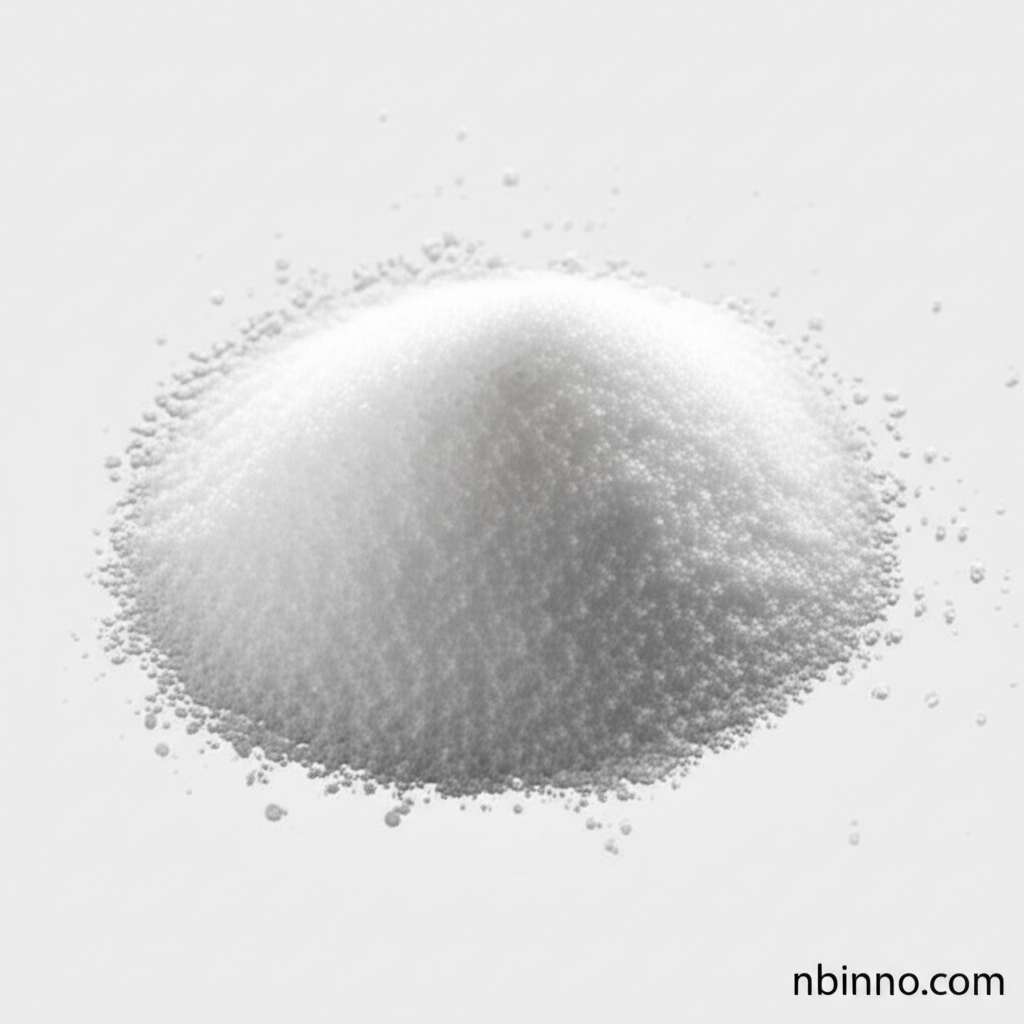Gaboxadol Hydrochloride: A Deep Dive into its GABAA Receptor Activity and Research Potential
Exploring the properties and applications of a key GABAA receptor agonist in pharmaceutical research.
Get a Quote & SampleProduct Core Value

Gaboxadol Hydrochloride
Gaboxadol Hydrochloride, also known as THIP, is a significant compound in neuroscience research, primarily recognized for its potent agonistic activity on GABAA receptors. This characteristic makes it a valuable tool for understanding the intricate mechanisms of neuronal signaling and for developing new therapeutic strategies. Its research into various neurological conditions highlights its broad potential in medicinal chemistry.
- Research into gaboxadol hydrochloride's mechanism of action reveals its specific binding to extrasynaptic GABAA receptors, differentiating it from other GABAergic agents.
- The drug has been studied for its potential as a hypnotic and analgesic agent, contributing to the understanding of sleep and pain pathways.
- Gaboxadol hydrochloride's involvement in clinical trials for conditions like Angelman syndrome and Fragile X syndrome showcases its potential in treating rare neurological disorders.
- As a pharmaceutical intermediate, it plays a crucial role in the synthesis of more complex therapeutic molecules.
Key Advantages
Targeted GABAA Receptor Modulation
Gaboxadol hydrochloride selectively targets GABAA receptors, particularly those with alpha 4 and delta subunits, offering a precise approach to modulating central nervous system activity, a key aspect when considering gaboxadol hydrochloride mechanism of action.
Therapeutic Versatility
While initially investigated for insomnia, ongoing gaboxadol hydrochloride research explores its utility in diverse therapeutic areas, including neurological and psychiatric conditions, underscoring its broad application potential.
Established Research Profile
With a history of clinical trials and extensive academic study, gaboxadol hydrochloride has a well-documented profile, facilitating its use in further scientific investigations and the development of gaboxadol hydrochloride related therapies.
Key Applications
Neurological Disorder Research
Gaboxadol hydrochloride is actively researched for its potential benefits in treating conditions like Angelman syndrome and Fragile X syndrome, aiming to alleviate associated neurological symptoms through gaboxadol hydrochloride's effects.
Insomnia and Sleep Studies
Historically, gaboxadol hydrochloride was evaluated for its hypnotic properties in treating insomnia, contributing to the broader understanding of sleep-wake regulation.
Pain Management Research
Studies indicate gaboxadol hydrochloride may possess antinociceptive properties, making it a subject of interest for developing novel pain management strategies.
Central Nervous System Pharmacology
As a selective GABAA receptor agonist, it serves as a critical tool for pharmacologists investigating CNS pathways and the effects of GABAergic neurotransmission.
